Urgent Release: Government Committee wants to bring back Section 66A
| Oct. 11, 2017
Press reports over the past few days have indicated various government proposals, notably the for the introduction of a fresh Section 66A. The Internet Freedom Foundation is releasing a copy of these recommendations to public and calling for a consultation.
Struck down by the Supreme Court in 2015, Section 66A of the Information Technology Act, 2000 was the unconstitutional tool used to curb free speech on social media. The Section had been used to arrest a number of internet users voicing their political opinions on social media, like in the famous case of Facebook user Shaheen Dhada being arrested for posting her thoughts on the death of politician Bal Thackeray.
In 2015, the Supreme Court by its decision in Shreya Singhal v. Union of India, struck Section 66A down as being vague and unconditional. Given the public interest in this issue we have been able to access the government recommendations for the new Section 66A and are releasing it today.
Lack of transparency around process used to formulate a new Section 66A
Our first concern remains the opaque process through which the T.K. Vishwanathan Committee (Section 66A committee) functioned. This committee did not invite any inputs or any public comment, and to our knowledge did not have any members of civil society. This is illustrative of a wider landscape in which technology policy in India is being determined without involving public policy, tech experts or civil society organisations. Even the recommendations of the Section 66A committee were not made public till now. We urge government to stand by the robust tradition of public consultation as was observed by TRAI in its net neutrality consultation.
Stifling freedom of expression and fundamental rights of internet users
Much more substantively the recommendations of the committee do not fully consider the import of the landmark Shreya Singhal judgement and seem to extend hate speech provisions which are by themselves susceptible to abuse. The law of hate speech in India has seen problematic application where it has often been abused and applied to artists, writers and journalists. Expanding such a law without building in sufficient safeguards is likely to result in greater abuse.
Particularly the proposal to insert Section 505A is a cause for worry as it reads a lot like Section 66A. Even though the Section 66A committee has limited the application of the provision by inserting conditions under which it can be used, such conditions are of little benefit given that undefined phrases such as, “highly disparaging” and “grossly offensive” still exist. Since these phrases do not contain any legislative guidance in any law they will be susceptible to abuse.
What’s next for internet users
IFF urges the government to recognise the democratic underpinnings of internet communications which have provided masses an ability to speak and receive information at an unprecedented scale. Any restrictions even if socially desirable should be through an open, transparent, public consultation. We demand that public comment is invited on the recommendations of the Section 66A committee.
Download the full unreleased document of recommendations



